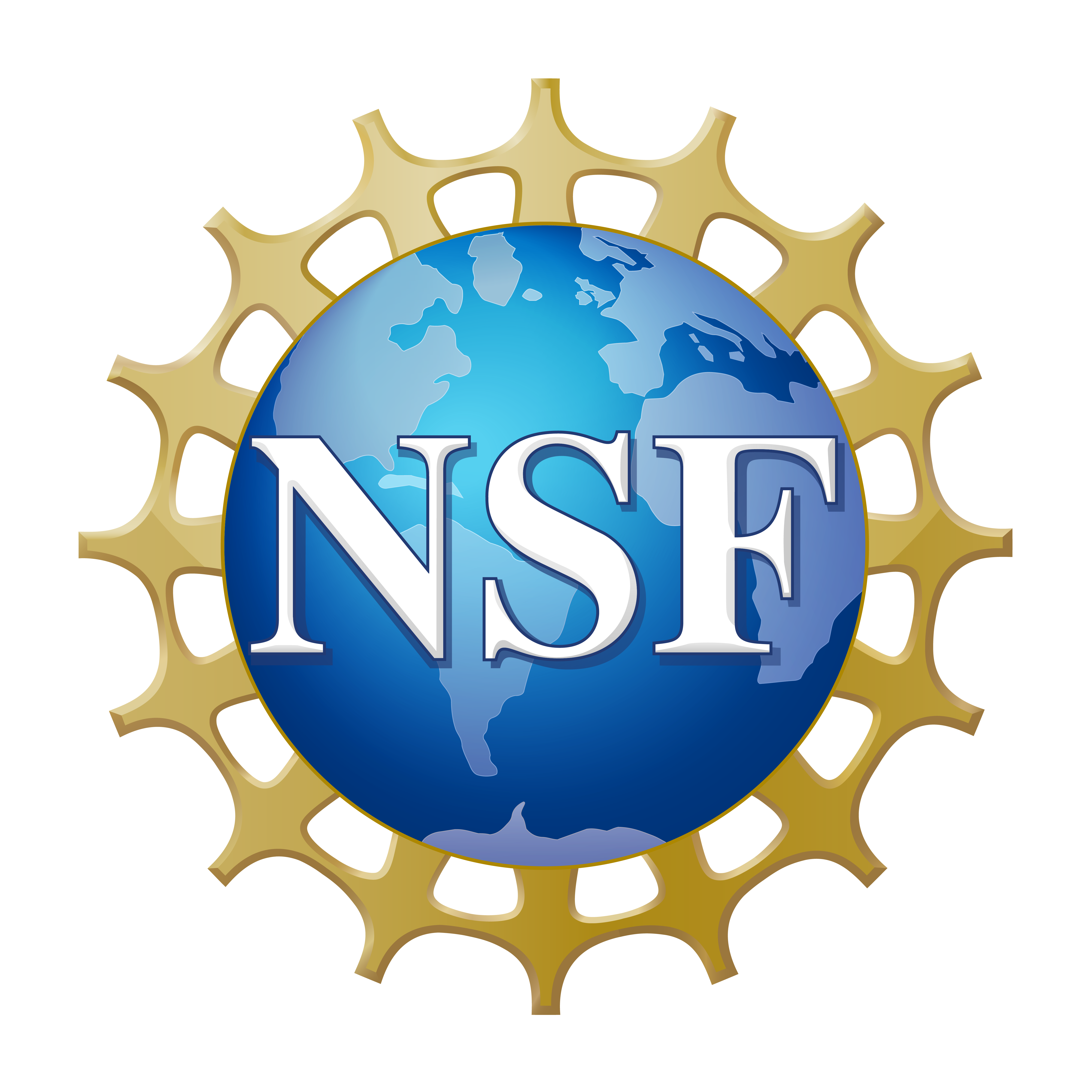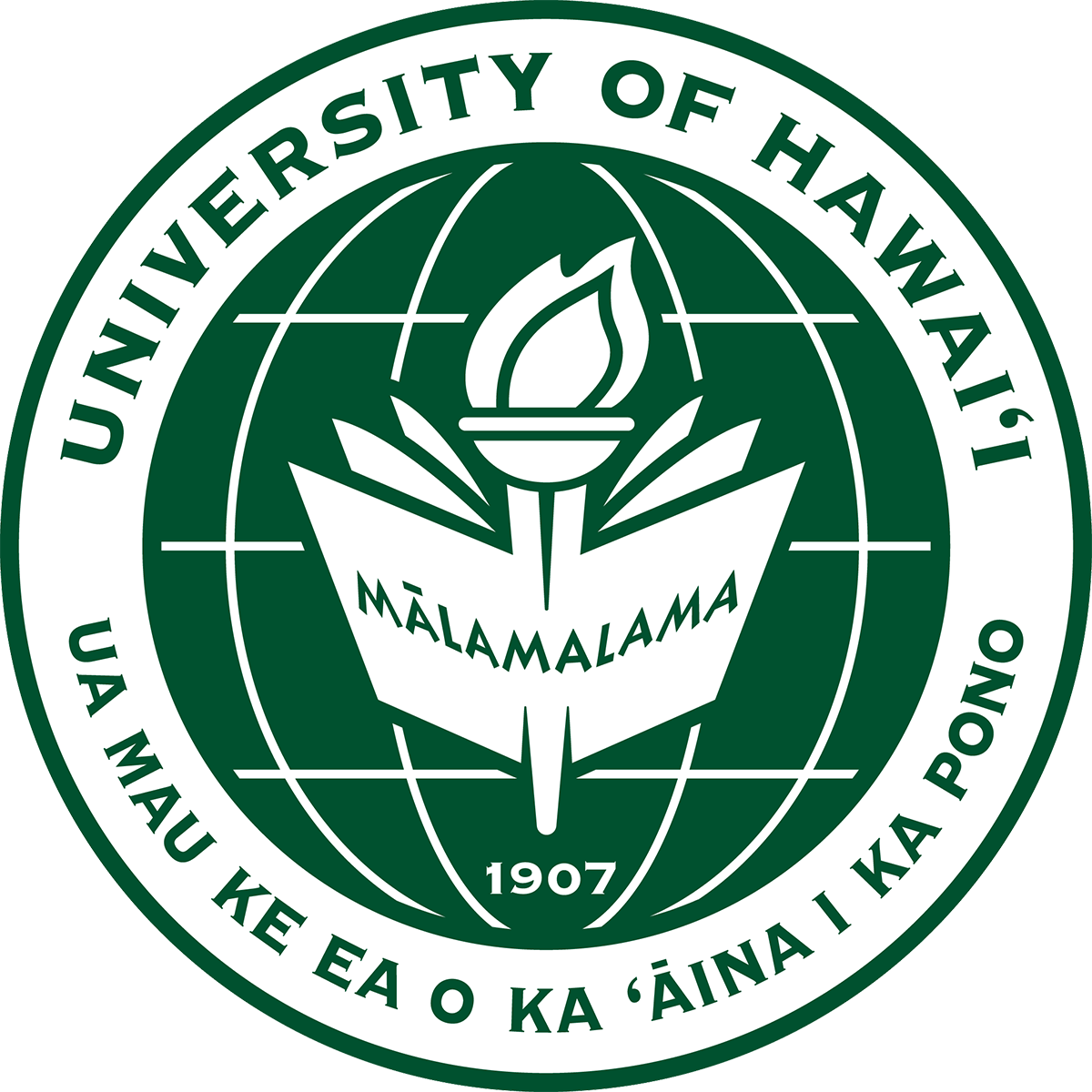 Research has shown that quality mentorship increases retention and graduation in higher education, especially for students who identify as low-income in STEM fields. Our project structure equips scholars with two mentors, academic and socioemotional mentors, who follow them from the start to the completion of their degree.
Research has shown that quality mentorship increases retention and graduation in higher education, especially for students who identify as low-income in STEM fields. Our project structure equips scholars with two mentors, academic and socioemotional mentors, who follow them from the start to the completion of their degree.
 Implementation: After the scholars are selected, they will meet with their faculty supervisor (i.e., Science Chair) and select their academic and socioemotional mentors. The S-STEM project staff and faculty supervisor will notify the mentors and arrange an introduction. Then, the academic and socioemotional mentors will have the option to participate in online training modules. They will collaborate to co-design their mentorship approach before the first scholar’s first semester.
Implementation: After the scholars are selected, they will meet with their faculty supervisor (i.e., Science Chair) and select their academic and socioemotional mentors. The S-STEM project staff and faculty supervisor will notify the mentors and arrange an introduction. Then, the academic and socioemotional mentors will have the option to participate in online training modules. They will collaborate to co-design their mentorship approach before the first scholar’s first semester.
Dual Mentorship. Mentors will be encouraged to connect with their scholars to keep them abreast of opportunities to connect provide training, assist with leadership skills (i.e., email, social media, bulletin board, or lab meetings), etc.
Mentors will meet with their scholars separately at the end of the semester to review and modify their individual learning plans (IDP). Mentors will share this data with the educational researcher. The mentors will be encouraged to meet each semester’s end and prepare for the next semester. At the end of the year, the mentors will meet with the educational researcher and participate in discussions regarding their experiences.
Throughout the semester, the scholars will check in with their mentors as needed or as recommended by their mentors. We will encourage the scholars to reach out to their mentors as opposed to the mentors having the responsibility to reach out to them. We recommend that the scholar meet at least half an hour with each mentor once a month. Mentors will update scholars’ data as necessary and send the data to the educational researcher.
Time commitment: Mentors will spend about 1 hour joining the scholars’ orientation and 3 hours in mentor training. Then, each semester, we anticipate the mentors will spend 4 to 6 hours with their scholars, not including outreach or leadership activities. Each mentorship-pair is encouraged to meet to discuss how to best support their intern several times throughout the year. The mentors will spend 30 to 60 minutes with the educational researcher at the end of each year.
The NSF grant criteria specifies the academic mentor stay with the scholar for the duration of his/her academic journey. The socioemotional mentor commits to 10 months of this journey and s/he has the option to continue to stay with their scholar until the completion of his/her academic journey.
 Scholars will also meet with their socioemotional mentors for 1 hour to review their academic pathway and discuss the meaning-making of their journey. They will add to or modify their existing IDP with short—and long-term goals that connect their academic pursuits in whole-person meaningful ways. They will discuss strategies to manage their time and any other concerns the scholar would like to share. Mentors will send copies of the scholars’ surveys and IDP data to the educational researcher.
Scholars will also meet with their socioemotional mentors for 1 hour to review their academic pathway and discuss the meaning-making of their journey. They will add to or modify their existing IDP with short—and long-term goals that connect their academic pursuits in whole-person meaningful ways. They will discuss strategies to manage their time and any other concerns the scholar would like to share. Mentors will send copies of the scholars’ surveys and IDP data to the educational researcher.
 Before the start of the semester, scholars and academic mentors will meet for 1 hour and go over the scholars’ academic pathways. They will review the courses and discuss resources and access to those resources the scholar may need to succeed academically. They will complete a survey that collects descriptive information about the students (i.e., demographic information, income, transfer status, and parents/guardian information). Then, they will complete an individual learning plan (IDP), discussing short- and long- term goals and focusing on academic achievement, opportunity, and enrichment. Lastly, they will discuss strategies to manage their time and any other concerns the scholar would like to share. Mentors will send copies of the scholars’ survey and IDP data to the educational researcher.
Before the start of the semester, scholars and academic mentors will meet for 1 hour and go over the scholars’ academic pathways. They will review the courses and discuss resources and access to those resources the scholar may need to succeed academically. They will complete a survey that collects descriptive information about the students (i.e., demographic information, income, transfer status, and parents/guardian information). Then, they will complete an individual learning plan (IDP), discussing short- and long- term goals and focusing on academic achievement, opportunity, and enrichment. Lastly, they will discuss strategies to manage their time and any other concerns the scholar would like to share. Mentors will send copies of the scholars’ survey and IDP data to the educational researcher.
We understand that you are busy! It is hard to find time to make it to our program’s meetings or read the emails. We created this link for you. If you missed a form, no worries! You can find it here.


